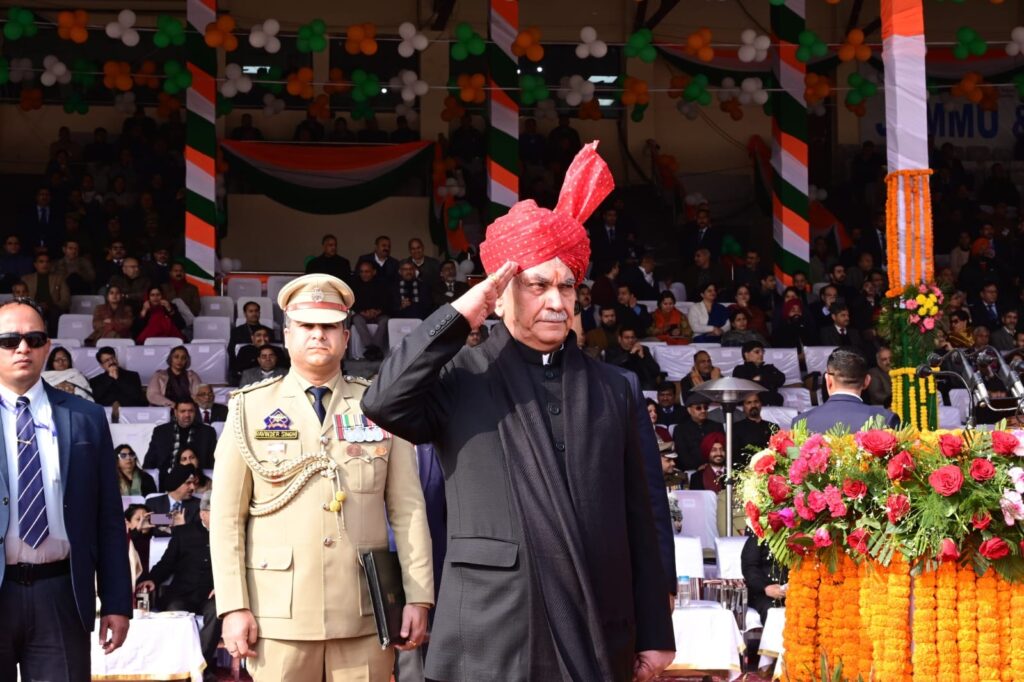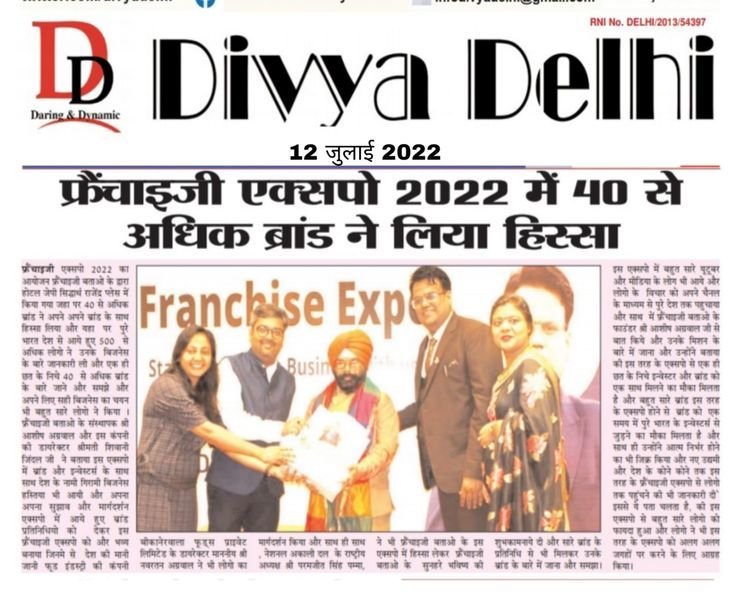
Divya Deelhi: Since independence, Jammu and Kashmir has endured loss, half-dreams, and political entanglement few dare disentangle. However, during the past five years, this vulnerable region has slowly recovered through calm resolve, hard effort, and thoughtful leadership. Lieutenant Governor Manoj Sinha, who prioritizes outcomes to red carpets, is leading the transition. Sinha took over in August 2020 and rapidly led the valley out of the uncertainties caused by Article 370's repeal. Kashmir, long without governmental direction or economic vigor, had a lengthy history of dead ends and rival narrative. He spoke to common people from snow-bound Kupwara hamlets to Shopians' apple fields, rather than retreating behind bureaucracy. He held public darbars, entered living homes, absorbed stories of loss, and started a trust-building push that many today deem one of independence's greatest democratic trials. Under his leadership, the Valley has changed in ways few expected. Hartal and shutdown politics, long a staple of separatist speech, have almost disappeared. Marketplaces are no longer ghost towns under militant threats or Hurriyat calendars. The latest Pahalgam terror assault shocked the nation by drawing hundreds of Kashmiris into the streets to condemn terrorists, not the state. For the first time in recent memory, Valley residents stood with the state. That symbolically charged moment came from faith, not fear. Trust in an administration that follows Sinha's mantra: "Begunah ko chhedo mat, aur gunahgar ko chhedo mat." (Do not touch the innocent or spare the guilty.)
- Education(148)
- India(771)
- Entertainment(399)
- Sports(272)
- Business(226)
- Bollywood Hollywood(95)
- International(196)
- Life & Style(91)
- Opinion(139)
- Educational(5)
- Crime(7)
- Technical(6)
- World(18)


